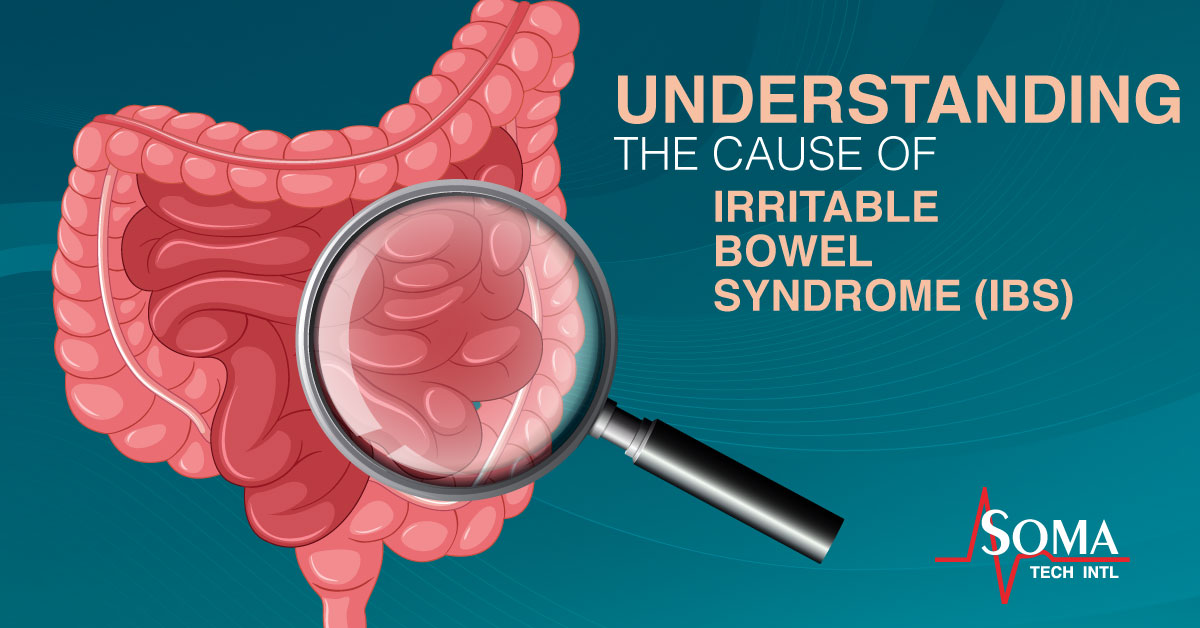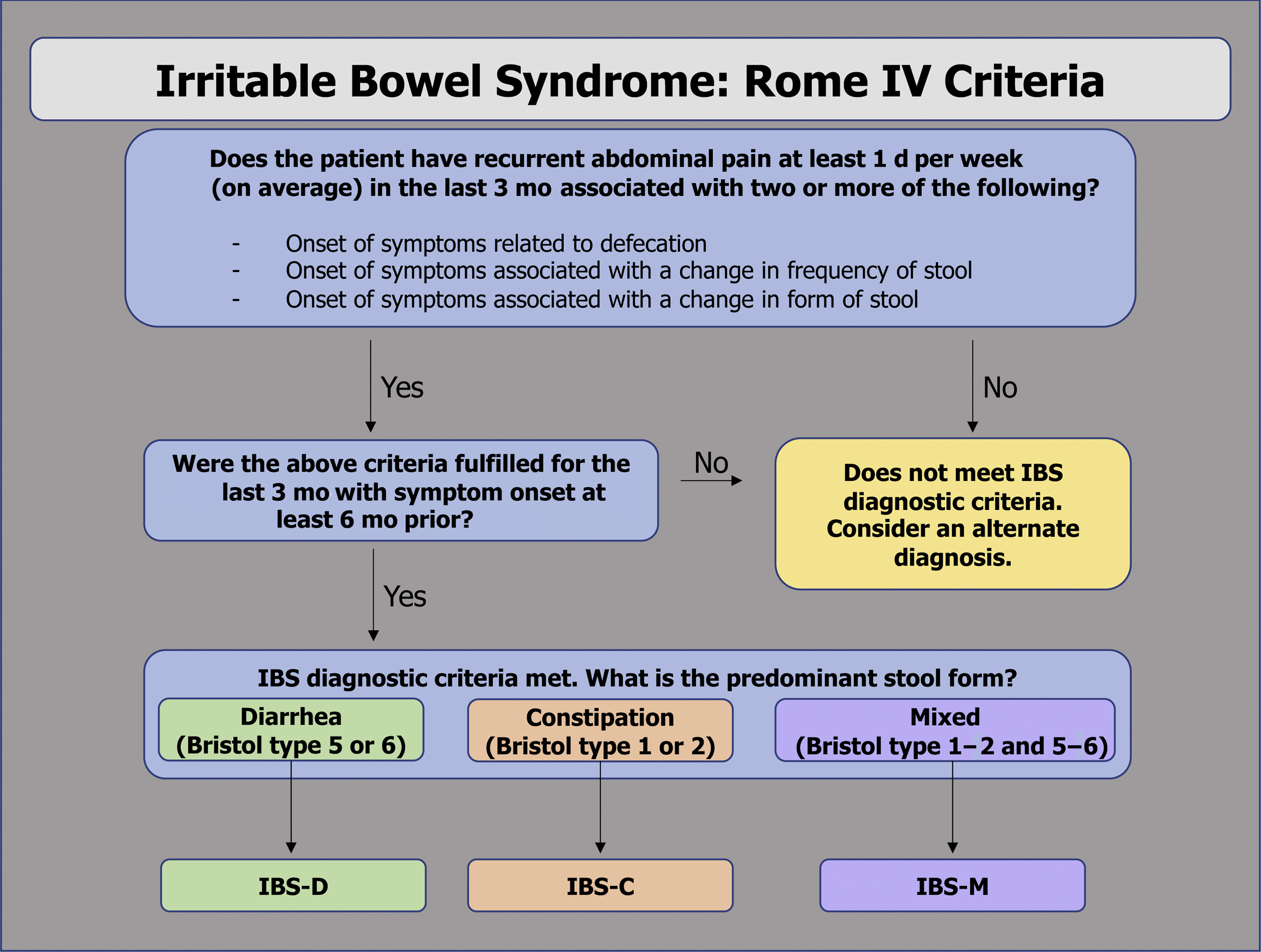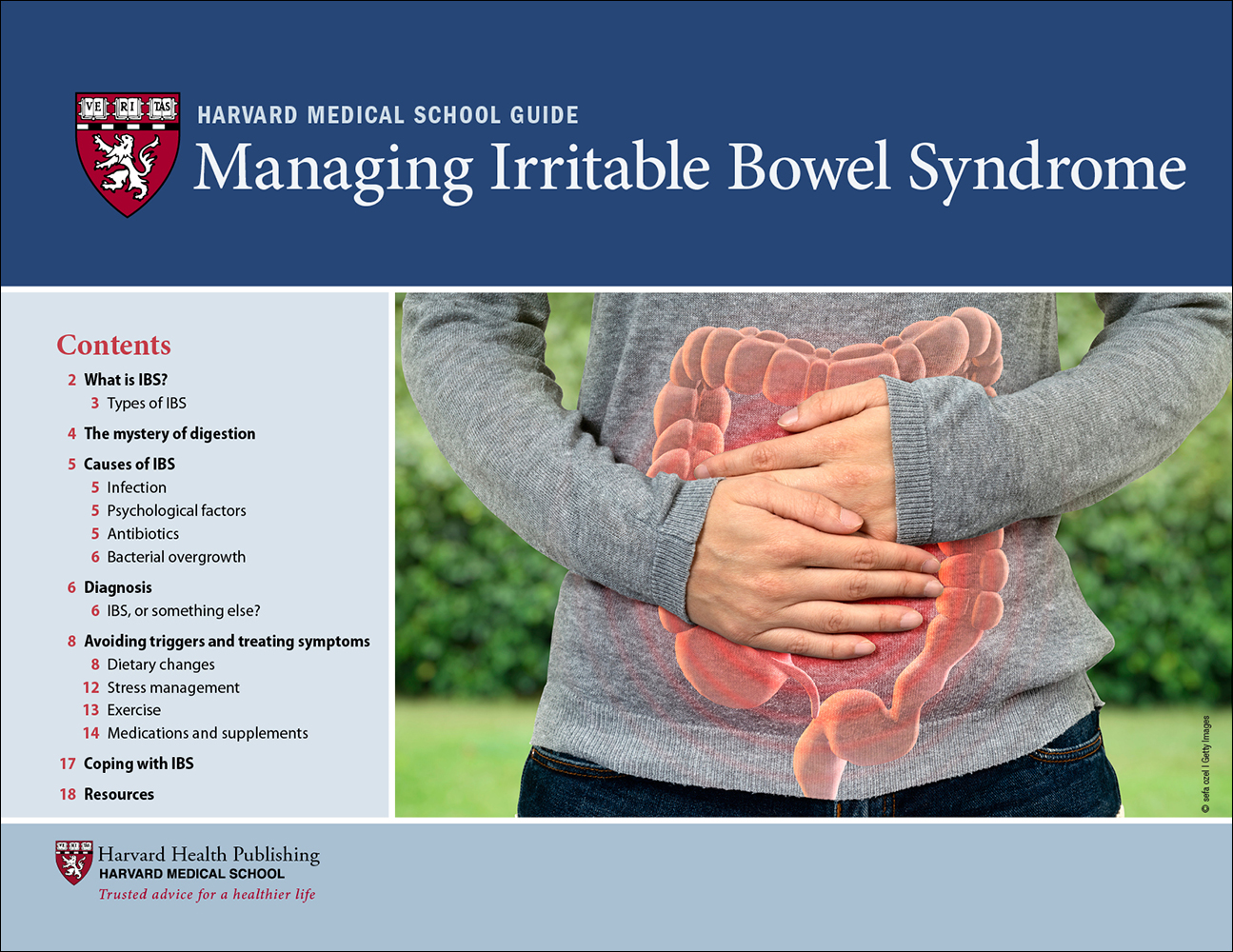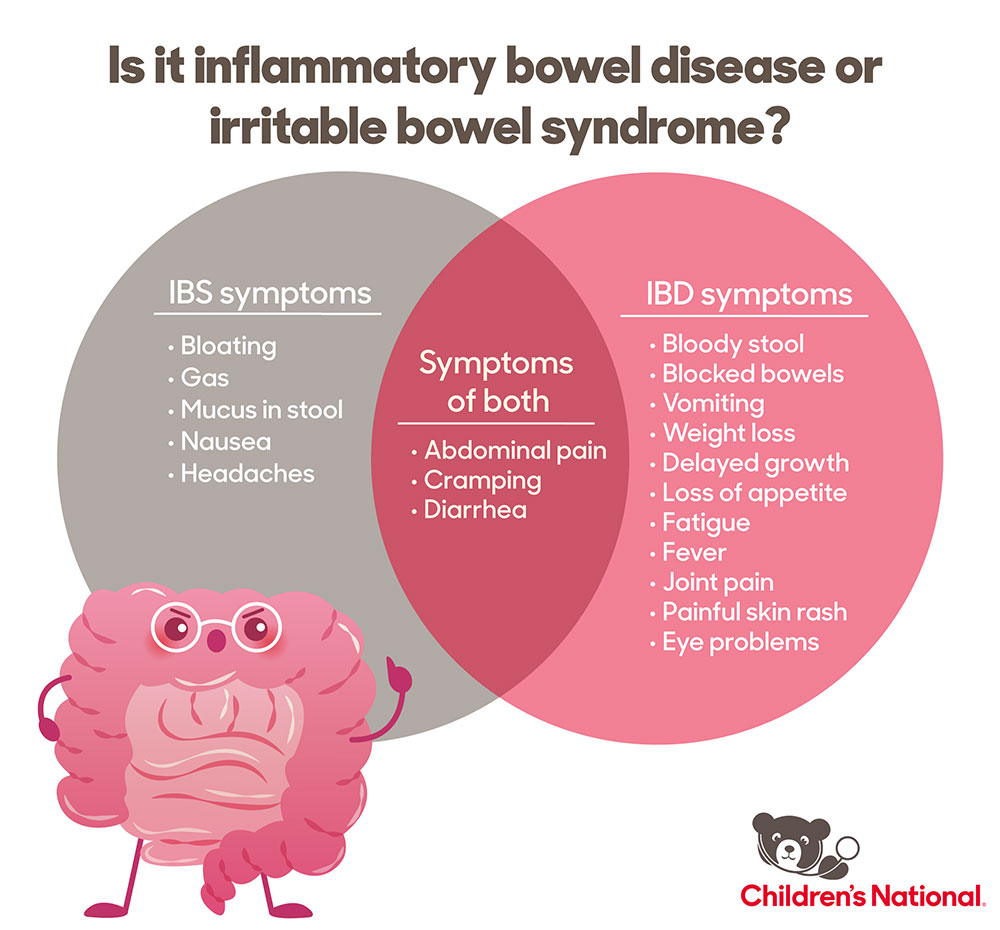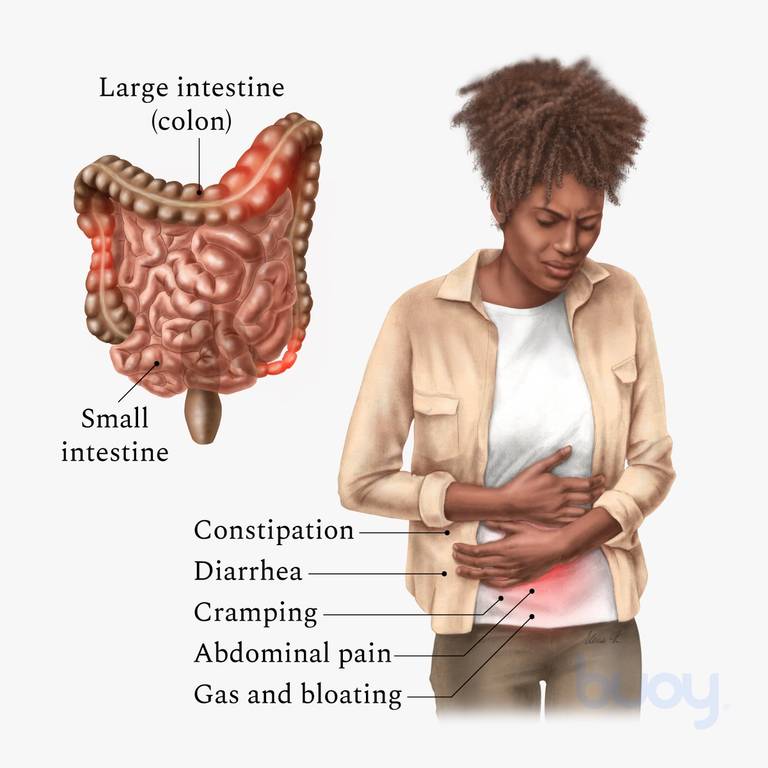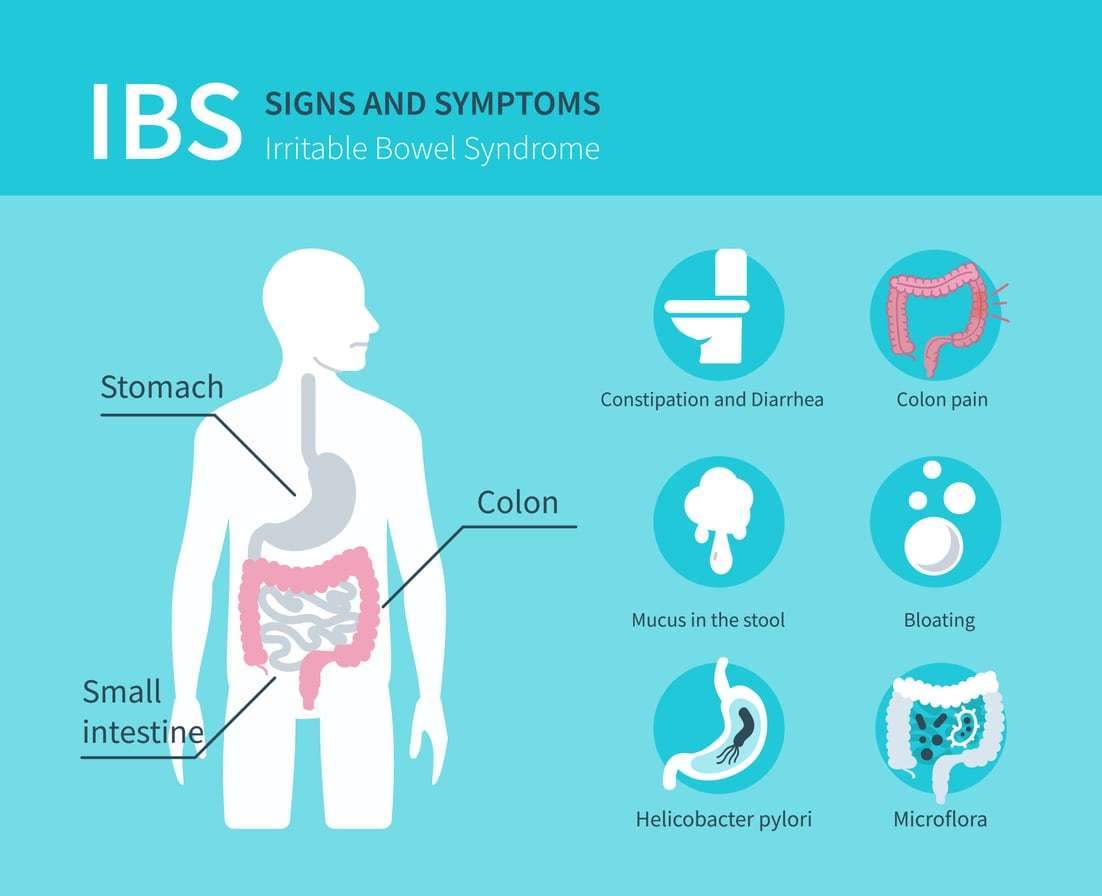Build A Info About How To Diagnose Irritable Bowel Syndrome
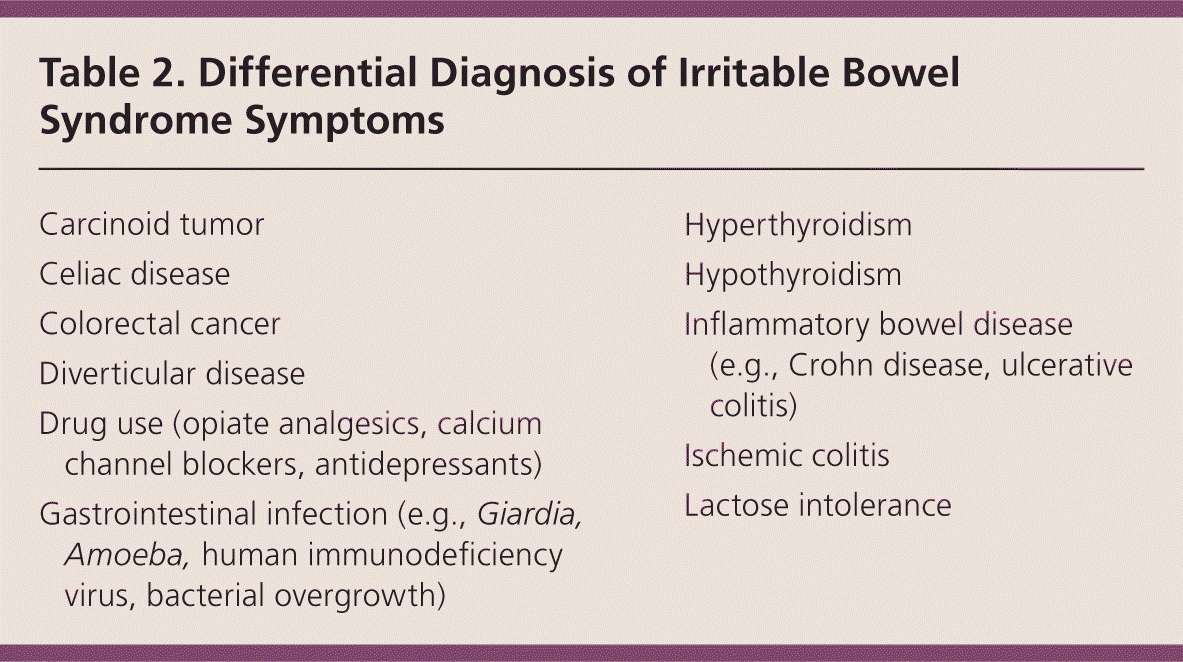
Irritable bowel syndrome (ibs) is a common disorder that affects the large intestine.
How to diagnose irritable bowel syndrome. It details how to accurately diagnose ibs, and aims to improve the. First, there is the statement that ‘irritable bowel syndrome is not a diagnosis of exclusion’. Signs and symptoms include cramping, abdominal pain, bloating, gas, and diarrhea or constipation, or.
There's no test for ibs, but you might need some tests to rule out other possible causes of your symptoms. Ad see doctors with extensive experience in diagnosing & treating inflammatory bowel disease. Suspect irritable bowel syndrome (ibs), in the absence of alarm symptoms or signs, if any of the following symptoms have been present for at least 6 months:
This guideline covers diagnosing and managing irritable bowel syndrome (ibs) in people aged 18 and over. Abdominal pain is the most common symptom and a key factor in diagnosis. A doctor may recommend ct enterography if the results of blood tests or a colonoscopy indicate intestinal inflammation and he or she suspect you may have inflammatory bowel disease.
Reaching a diagnosis first requires your doctor to take a detailed medical history and note the full range of your current symptoms. If the blood test is positive, an upper. Irritable bowel syndrome may be due to an overgrowth of bacteria in the small intestine or nerve problems.
Diagnosis is generally made from the appearance of typical symptoms. So how is ibs diagnosed? By mayo clinic health system staff.
A blood test to check for problems like coeliac disease. Irritable bowel syndrome(ibs) comes with signficant warning signs. To diagnose irritable bowel syndrome (ibs), doctors review your symptoms and your medical and family history and perform a physical exam.
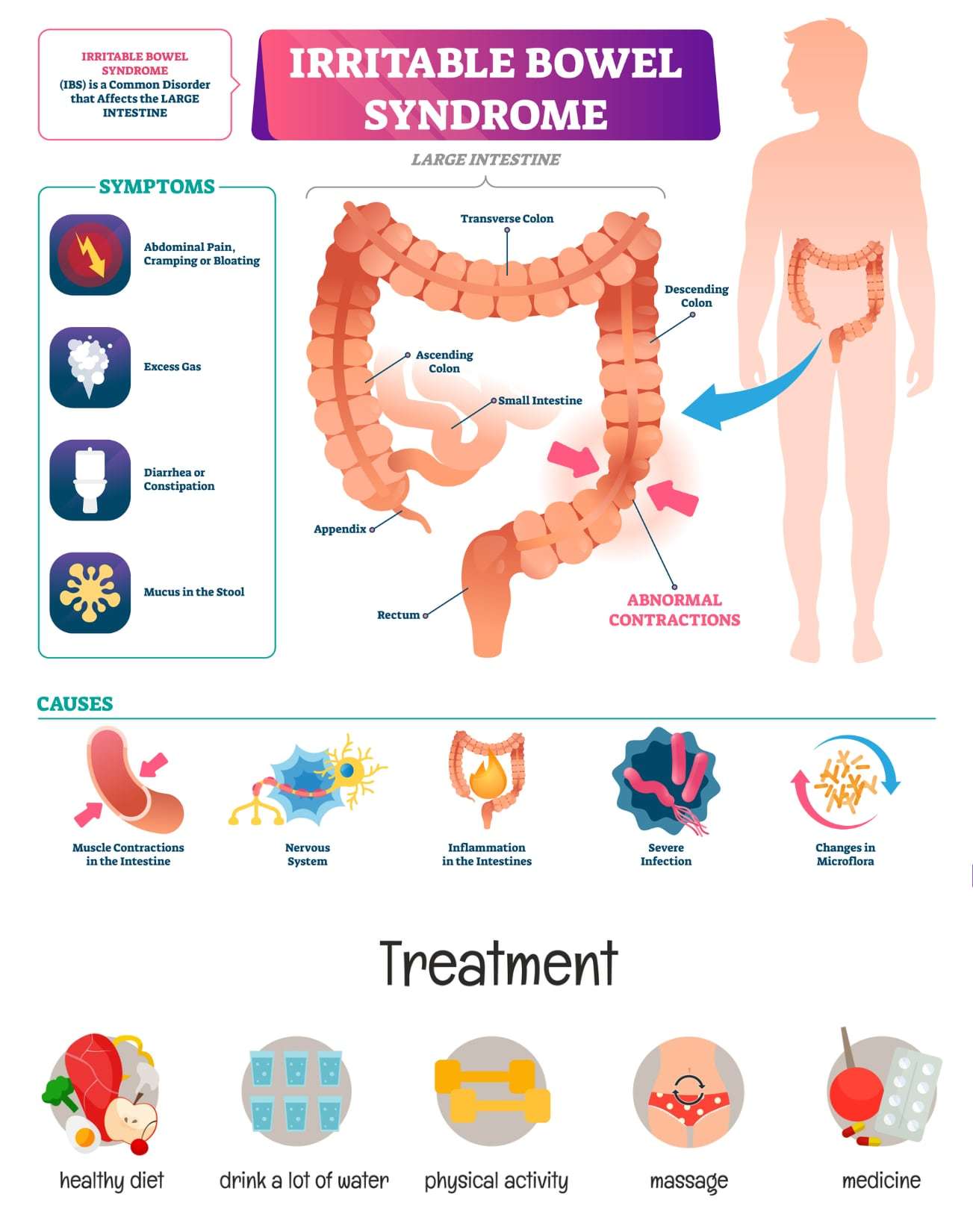

:max_bytes(150000):strip_icc()/irritable-bowel-syndrome-overview-1941641_final-c2b1fa18002a4d9095b47d11d7a43ef6.jpg)




